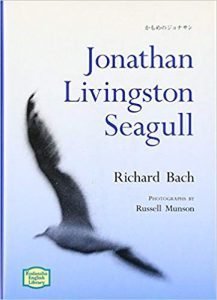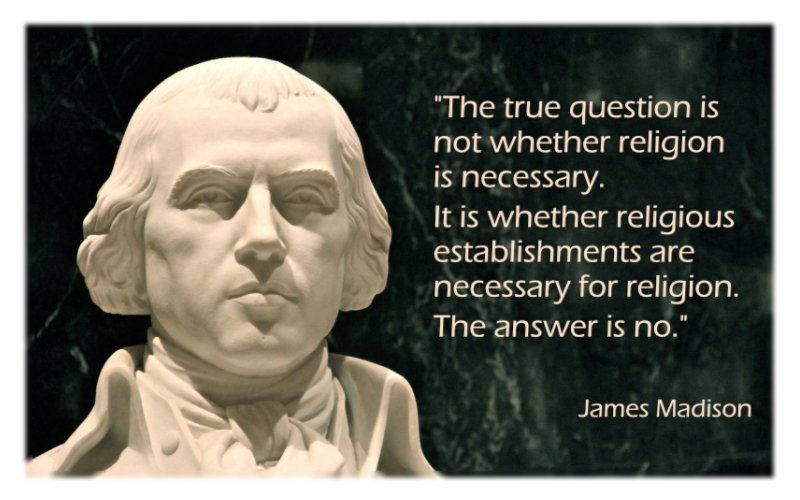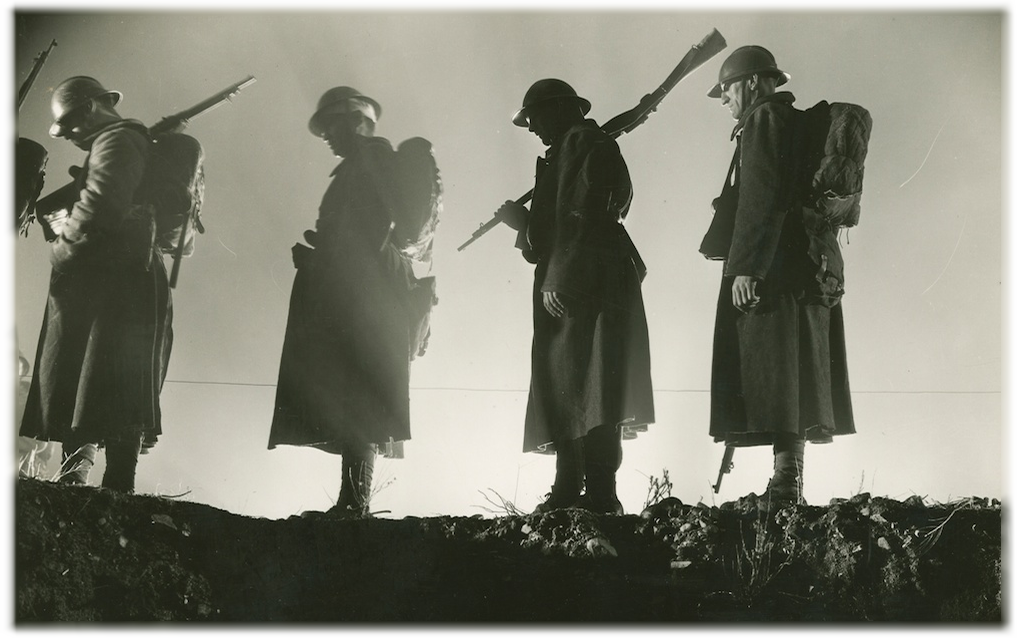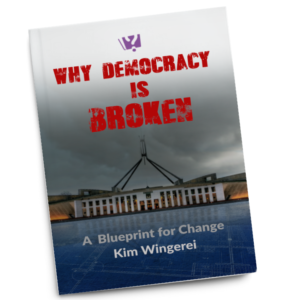It is not religious freedom that is under threat. It is the churches that is being threatened by extinction, and that can only be good for the faithful. No wonder religious recalcitrants of most denominations are worried! No wonder they wage war, metaphorically or otherwise.
In the week when a catholic cardinal is (allegedly) found guilty of paedophilia by an Australian court, and the Pope dismisses three cardinals from his inner circle (of which only one is not connected to a scandal), the Morrison Government launches proposed laws for religious protection.
When the author of the (finally published) Religious Freedom Review – Phillip Ruddock – was interviewed on ABC radio he failed to make a single coherent argument for why religious freedoms are under threat. The same goes for everyone of the recalcitrants within the LNP coalition – calling out for protections already in place and enshrined in our constitution. They cannot reveal the real reason for the proposed measures of protection. But like the naked emperor, the true reason is in full view – the diminishing power of the churches which by extension reflects on the politicians that rely on them for their support.
The Catholic Church continues to debate the damning reports by the Royal Commission on (responses to) child abuse. A report that uncovered systematic, institutionalised, criminal obfuscation and neglect on a grand scale. Mirrored by similar reports around the world.
One of the 85 (main) recommendations of the Royal Commission was not to exempt clerics from their responsibilities to report abuse if revealed as part of a confessional. This is being met with vehement opposition by the men in frocks. To them, protecting the sanctity of the confessional is much more important than preserving the innocence of children. The Archbishop of Sydney – Anthony Fisher – even uses it as an example of “the attack on religious freedoms”.
It is not religion that require protection. It is the people that require protection from religion.
And not only children who get into the clutches of men deprived of their natural desires from ancient customs of celibacy; or from their inherited sense of entitlement to suffer and thus bring suffering upon others. Everyone that is vulnerable or different or easily preyed upon need protection from the power of the church. Whether gay, lesbian, bi-sexual or everything in between, the leading men (mostly) of churches, mosques, synagogues and temples practise intolerance; hiding behind scriptures of old to conceal the institutionalised yearning for power not just over those that conform, but also over those that don’t.
From the Crusades, the Inquisition, the Ottoman Empire and European colonisation, history is drowning in the blood spilt in the name of religion.
And therein lays the ultimate dichotomy of the pious and the righteous – the preaching of tolerance is inversely proportional to its practice.
We all need to have faith – even the faithless do. We all need something to believe in – even agnostics and atheists. And even when faith organises itself into religious teachings – as it does – religion does not need to be institutionalised. But once made sacred by a church (or a mosque, or a synagogue or a temple), the institutions need religion.
The church’s role as a provider of charity, emotional support, a spiritual home or as a focal point of community is also not dependent on religion, but on the faith and benevolence on the good clerics – priests, imams or rabbis – and the many others that partake – faithful or not.
Good deeds and faith of all denominations will happily exist without succumbing its power to a church, but a church cannot exist without controlling the faithful.
So when Phillip Ruddock states that the church is under siege, he is absolutely right. It is. If the enlightenment has an end game not yet reached, it is to render institutionalised religion irrelevant. To be truly meaningful, faith has to be free.
Free from dogma. Free from those using the institutions of religion to wield control over the weak and vulnerable. Free from those that hold on to old rituals and scriptures as if they matter more than life itself. Free from those afraid of difference. Free from the intolerant. Free from those that cannot accept that there is so much we do not understand, and to be OK with that. Free from those unable to see that their faith is just their faith – nothing more, nothing less.
 Faith in all its forms is embedded in the human psyche. It is deeply personal and not to be used to control others, yet it is. Until we free faith from the institutions of religion we are not truly free.
Faith in all its forms is embedded in the human psyche. It is deeply personal and not to be used to control others, yet it is. Until we free faith from the institutions of religion we are not truly free.
Free us from religion to allow us all to enjoy our faith – whatever it is – tolerance and compassion will blossom in the absence of the many houses of religious fervour.
John Lennon imagined it – “…and no religion, too.”
Or as the author of “Jonathan Livingston Seagull” said – “If you love somebody, set them free.” (Richard Bach)





